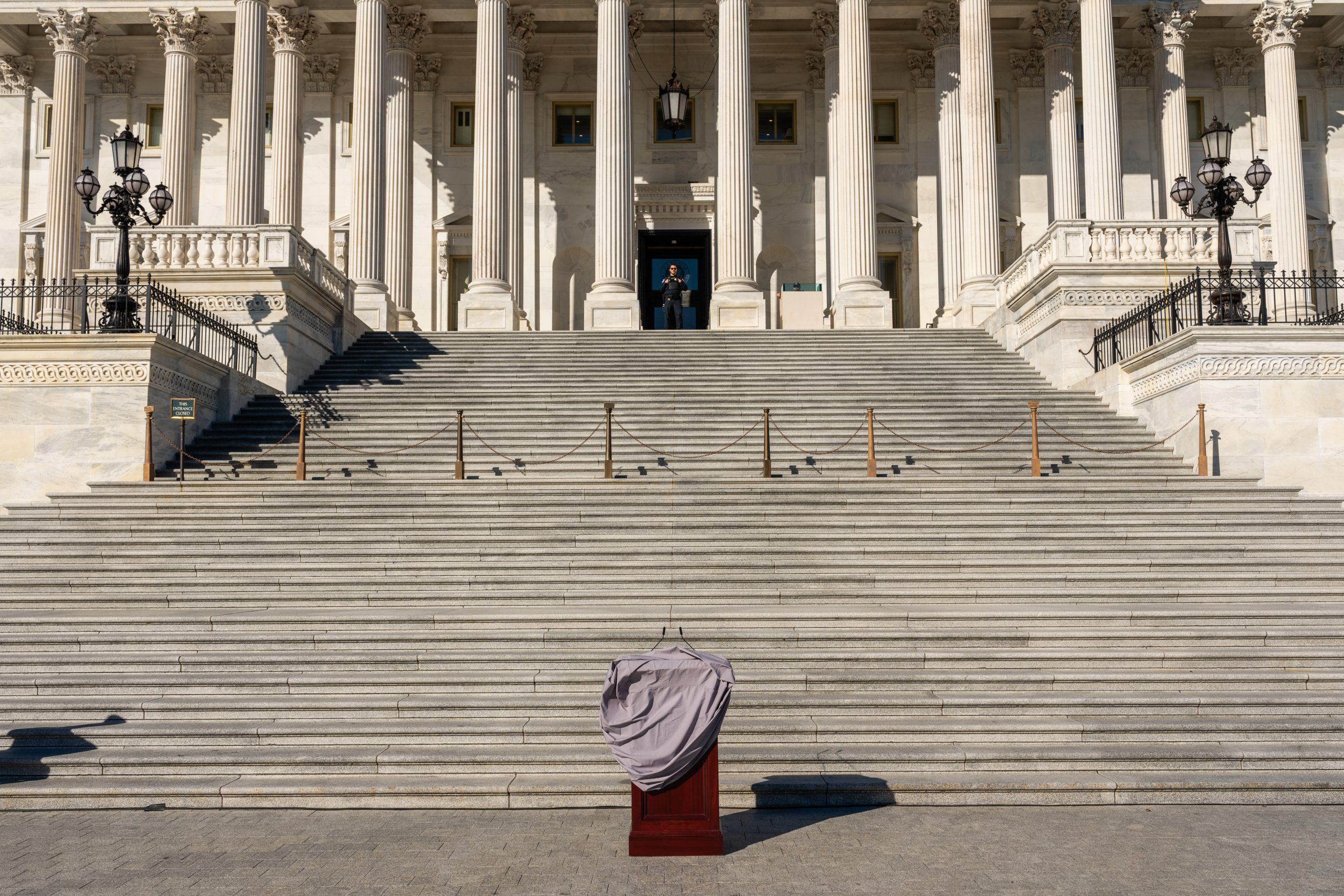Shutdown Standoff: Why This Political Crisis Feels So…Different?
The government shutdown, now dragging into its third week, is undeniably a major disruption. Federal employees are facing the harsh reality of unpaid work, and essential public services are grinding to a halt. Yet, a strange sense of muted urgency hangs in the air, both in the media’s portrayal and within the hallowed halls of Capitol Hill. Is this simply political fatigue, or is something more fundamentally different about this particular shutdown?
Matt Glassman, a seasoned congressional scholar and senior fellow at Georgetown University, has labeled this shutdown “the weirdest” he’s ever observed. His assessment cuts to the heart of the matter: a paradoxical situation where the stakes appear simultaneously sky-high and strangely insignificant.
High Stakes, Low Urgency: A Paradoxical Crisis
The core of the issue lies in the disconnect between the real-world consequences of the shutdown and the political response. Millions of federal workers are directly affected, facing financial strain and uncertainty. Critical government functions, from national park maintenance to crucial regulatory oversight, are hampered. Yet, the sense of crisis, the palpable pressure to resolve the situation, seems muted compared to past shutdowns.
One contributing factor is the increasing normalization of government shutdowns. In an era of heightened political polarization, brinkmanship has become a common tactic. The public, perhaps weary of these recurring battles, may be experiencing “shutdown fatigue,” leading to a diminished sense of alarm.
The End Game: How Does This End?
Predicting the end of this shutdown is a complex exercise. Glassman suggests that the path forward hinges on several factors, including public pressure, the willingness of key political figures to compromise, and the emergence of a viable bipartisan solution. However, the current political climate, characterized by deep divisions and entrenched positions, makes finding common ground a significant challenge.
Ultimately, the resolution will likely involve a degree of compromise on both sides. Whether this compromise will come quickly, or after a prolonged period of disruption, remains to be seen. One thing is certain: the longer the shutdown persists, the greater the potential for long-term damage to the economy, public trust, and the functioning of government.
The current shutdown serves as a stark reminder of the fragility of our political system and the challenges of governing in an era of deep polarization. It also highlights the importance of informed public discourse and the need for our elected officials to prioritize the needs of the country over partisan gain.
Based on materials: Vox





